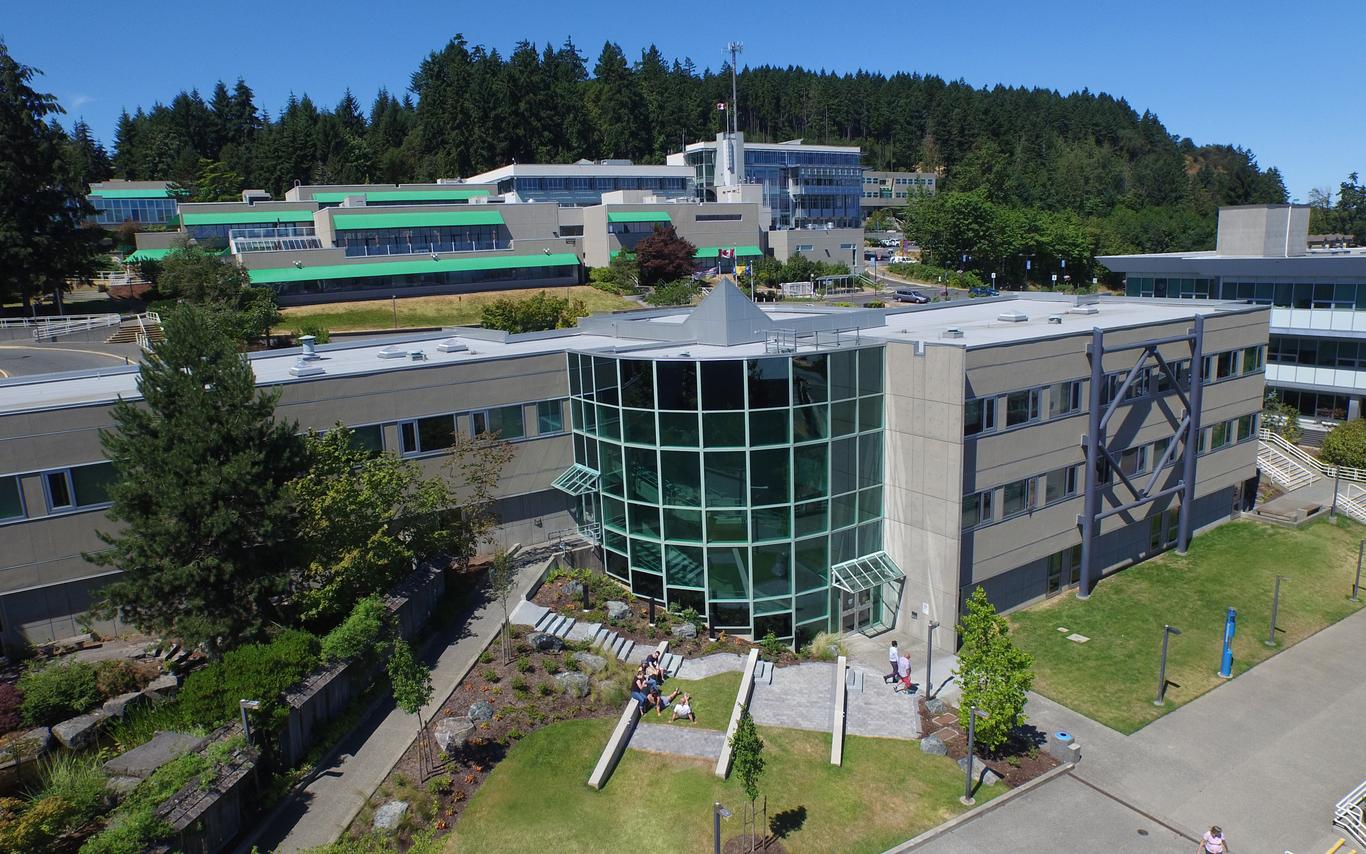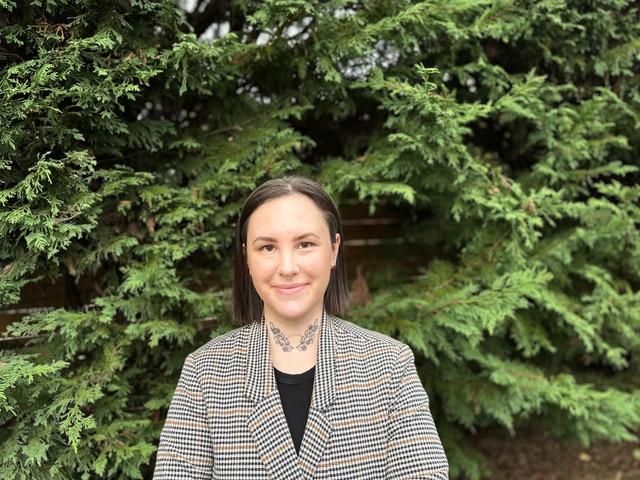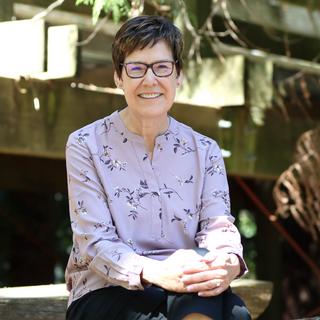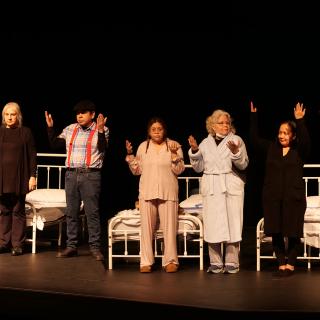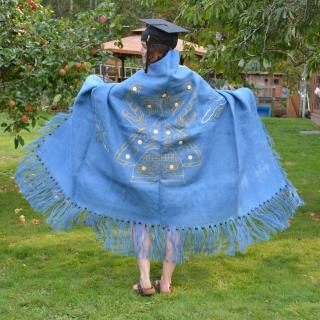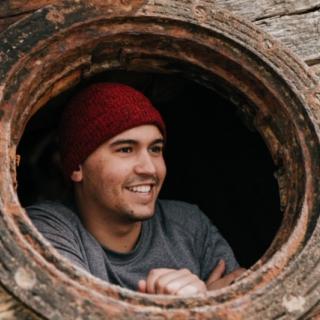Dr. Morgan Mowatt is an advocate for Indigenous sovereignty in Indigenous-state relations. As a Banting Postdoctoral Fellow in Indigenous governance at the University of Victoria, the VIU alum is researching the application of Indigenous authority-making processes to Indigenous-state diplomacy.
Their interest in this area of research started when they were an undergraduate student at VIU. Mowatt, who is Gitxsan and still lives on Snuneymuxw First Nation territory, remembers professors in the Indigenous/Xwulmuxw Studies program refusing to qualify Indigenous knowledge within Western knowledge systems, which became a catalyst with how they engage with their research now. Here’s more on their journey since graduating from VIU in 2017.
Why VIU?
I chose VIU because my younger sibling was attending and they had so much support from their program and the ‘su’luqw’a’ Community Cousins Indigenous mentorship program. They seemed to genuinely enjoy it. I thought maybe if Gina can do it, I can too.
Can you share a highlight or two from your time here?
My professors in the Indigenous/Xwulmuxw Studies program demonstrated what it meant to take Indigenous knowledge seriously in the classroom. They refused to qualify it within Western knowledge systems and it really was a catalyst for how I engage with my research today. Additionally, having mentorship from Elders and engagement with local nations kept me accountable and gave me purpose in my work.
My highlights at VIU always reflected the community that exists there. From on-campus feasts to creative group projects, small classes and passionate professors, I went from feeling like I didn’t have a chance at university to feeling like I had a home there.
What have you been up to since VIU?
I wanted to keep learning after VIU so I headed to grad school! Between then and now my partner and I have welcomed two sweet babies into our family. I graduated last fall with a PhD in Political Science from the University of Victoria with my family by my side.
What skills and resources were most useful when completing your PhD?
I found that my communication skills from VIU were useful in grad school. I’m not the strongest writer or the strongest public speaker, but VIU helped me level-up my communication in writing and speech and gave me the confidence I needed to carry on.
Tell us about the research you’re doing now.
My research is focused on Indigenous sovereignty and Indigenous processes for legal and political authority-making. I highlight difference from state-processes, rather than likeness, to demonstrate why it is critical to understand Indigenous legal systems within their own cultural contexts. I seek to make a small contribution to the decades of work that Indigenous peoples have done to assert and maintain their sovereignty in the face of ongoing settler colonization.
What is it like transitioning from student to teacher?
I don’t think I’ll ever complete that transition. I'm focused on co-producing knowledge in the classroom with students, so I see myself as more of a facilitator. I learn a lot by collaborating with students. I hope to remain curious and I consider myself a lifelong student.
What’s next for you?
Right now I’m grateful to be a Banting Postdoctoral Researcher at UVic, which means I get to focus on research, writing and hopefully publishing. My goals are to stay on the west coast, bolster Indigenous self-determination and sovereignty initiatives, and continue to take my lead from community.
What advice would you give a student hoping to follow a similar path?
You need mentors and community, especially if you’re a first-generation university student. I had professors Laurie Meijer Drees, Melody Martin, Keith Smith and Alex Netherton take me under their wings and help me navigate the academy. In my postdoc position I still book monthly mentor sessions with my supervisors to ask all the embarrassing questions. I think that’s really important – find someone you respect and who will provide you that extra bit of guidance. VIU has several official mentorship programs as well. I benefitted greatly from the Community Cousins program. Find your community and find people who will advocate for you.
